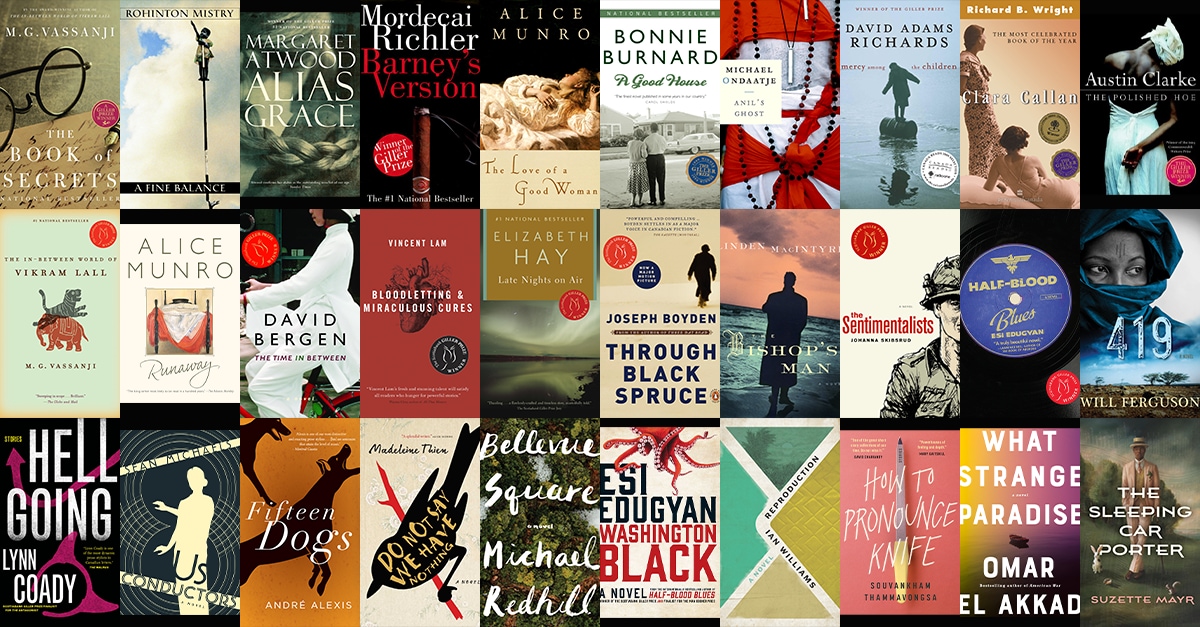Five Canadian authors were in the running to win the Scotiabank Giller Prize which goes to the author of the best Canadian novel, graphic novel or short story collection published in English. This year's winner, Sarah Bernstein, receives $100,000, and the four remaining finalists get $10,000 each.
Ahead of the award announcement on Nov. 13, we asked each of the shortlisted authors the same set of questions, including about the best book they read all year, the best advice they ever received, and how they deal with writer’s block.
Click on the authors’ names below for their answers:
Sarah Bernstein for her novel Study For Obedience, published by Knopf Canada
Eleanor Catton for her novel Birnam Wood, published by McClelland & Stewart
Kevin Chong for his novel The Double Life of Benson Yu, published by Simon & Schuster
Dionne Irving for her short story collection The Islands: Stories, published by Catapult Press
CS Richardson for his novel All The Colour in the World, published by Knopf Canada
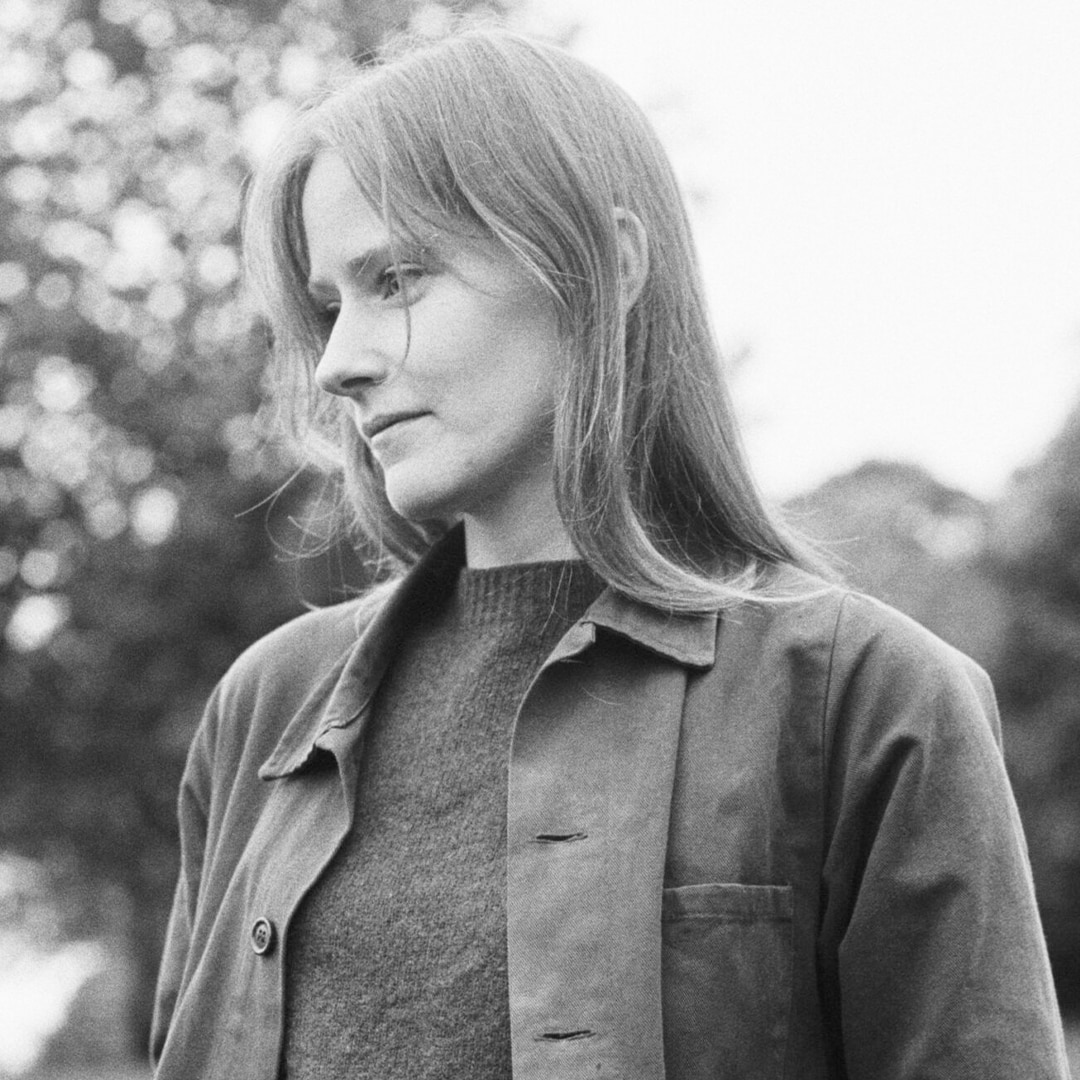
Why did you want to become a writer?
I've been writing and telling stories since I was very young. I think it was my way, as a very shy child, to make sense of the world around me and to find ways of communicating with other people. I guess that's why I still do it.
What do you love about writing? What don't you love about writing?
I love making sentences, putting words next to each other to see how they sound, and then that moment when you find the right form to express a particular idea or feeling. Since I write so slowly, and since I edit so much as I work, I find it more difficult sometimes to return to a finished piece to do the very necessary further edits.
Which character from your nominated book do you identify the most with, and why?
I'm very happy to say I don't identify with any of the characters in this book. I would however like to be a bit more like the dog Bert, with his slow and serene descriptions of the garden.
What's the most memorable piece of advice you've received?
I remember one creative writing instructor saying to our class, “Don't do this unless you absolutely have to.”
What's one piece of advice you'd share with aspiring authors?
This is hard, because there are different kinds of writers looking to do different kind of things. I guess the advice I would give myself in the past is: there are a variety of market imperatives that encourage and privilege particular types of writing, but that doesn't mean you need to write in a particular way. Instead, find the form of expression that your own work, your own ideas demand.
Are you team e-reader or team paper books?
Paper books. I become extremely ornery if I have to read something of any length on a screen.
Aside from your own work, what's your favourite Canadian novel and why?
A recent favourite is Tanya Tagaq's Split Tooth. It is an incredibly powerful, experimental book that uses different forms of narration and in this way reflects on the process of storytelling itself. I've also long had a soft spot for Michael Ondaatje's Collected Works of Billy the Kid, which moves similarly between poetry, prose, interviews, images.
What is the best book you read this year?
Etel Adnan's Shifting the Silence and also Fanny Howe's Night Philosophy.
Do you get writer's block? What do you suggest to end writer's block?
I have what you might call writer's block most of the time. It usually helps to read books by other writers and thinkers — not just novels but poetry, essays — or to watch movies, or find out about other kinds of art. And then the other thing that helps is to allow myself some dedicated time to write, which I too rarely do.
What would winning this award mean for you?
It has already been extraordinary to see new readers finding my book, and even more so to see the opportunities it has opened up for the book to be translated and to encounter readers outside the Anglophone world. Also, from a practical perspective, it would definitely help get me through my year of maternity leave.
Back to author list
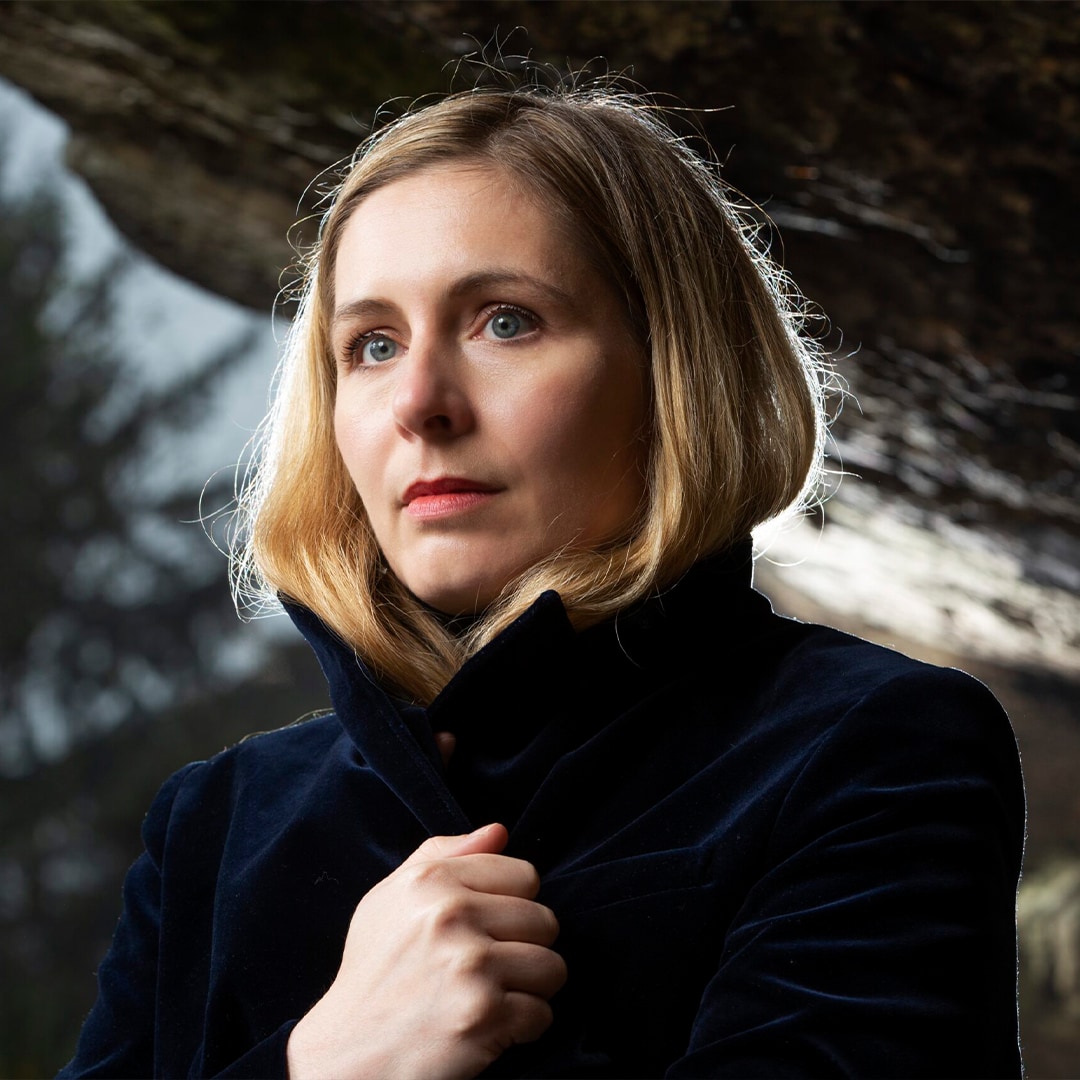
Why did you want to become a writer?
Nothing has ever interested me more than telling stories. As a child, I had a near-constant narrative commentary playing in my head, and my index finger was always writing in rapid cursive on my knee, narrating what I was thinking, and describing what was going on around me in real time. I find the essential doubleness of fiction, its truth and its untruth, more endlessly fascinating and alluring than any other subject on Earth.
What do you love about writing? What don't you love about writing?
I love playing with meaning. I love creating expectation and crafting surprise. I love being surprised. I love trying to recreate effects that I admire as a reader. I love the feeling of knowing what I want to achieve without knowing how to achieve it. I don’t love the fact that I can’t edit my own books after they are published (though maybe that is a good thing). And I don’t love some of the more public-facing aspects of the job of being a writer. The loves far outweigh the don’t-loves, though.
Which character from your nominated book do you identify the most with, and why?
This is a difficult question to answer, because I feel very close to them all, but Jill Darvish surprised me the most over the course of writing the book, and so I feel a special affection for her because of that.
What's the most memorable piece of advice you've received?
In Reacher Said Nothing, Lee Child describes a maxim that has served him well over the years: when writing action, he says, “write the slow bits fast and the fast bits slow.” In other words, if something is going to take your character a week, dispatch with that action in a sentence or two; but if something is going to happen in a split second of your character’s time, such as the firing of a gun, or the activation of a muscle reflex, feel free to spend a paragraph on that, or a page, or even more. I think about that a lot when I am writing: all the ways that narrative time can flex and bend relative to the reader’s experience.
What's one piece of advice you'd share with aspiring authors?
Readers, unlike family members, creative writing teachers, or writing workshops, aren’t under any obligation to read your work. You have to give them a reason to start reading, and then you have to give them a reason to keep reading.
Are you team e-reader or team paper books?
Team paper. I like to be able to stand in front of my bookshelves at home and browse the books I’ve read; it’s like seeing my mental furniture externalized.
Aside from your own work, what's your favourite Canadian novel and why?
I’m going to go back to childhood and nominate A Handful of Time by Kit Pearson, which is probably the Canadian novel I’ve re-read the most in my life. Some desires can’t be satisfied except in fiction, and I think all of us have a deep longing to know what our own parents were really like before we were born. I admire how A Handful of Time uses its supernatural conceit so carefully and in such a focused, characterful way. If I had to pick a book for adults, it would be Fugitive Pieces by Anne Michaels, just for sheer lapidary beauty, line by line.
What is the best book you read this year?
I was transfixed by Claire Kilroy's Soldier Sailor, which plumbs the depths of early motherhood in all its life-altering intensity. The book takes the form of an intimate monologue, whispered by a new mother, 'soldier', to her young 'sailor' son. It's not a comfortable read, but that's what gives the book its urgency and power. I'd recommend it to any parent, or anyone who has ever struggled with despair.
Do you get writer's block? What do you suggest to end writer's block?
I don’t try to write unless I have an idea for a story, which means I don’t really experience writer’s block as such, but there are long periods in my life in which I’m not actively writing. Reading is where I get my ideas, particularly non-fiction, so there is an element of translation required in wondering, ‘how might this work as fiction?’
What would winning this award mean for you?
It would further strengthen my relationship with the country of my birth, and it would mean more opportunities to tour the book in Canada, to meet Canadian readers, and to consider the novel (which is set in New Zealand) in a Canadian context. On a more practical level, it would also mean more time to work on my next novel without having to worry about mortgage payments and childcare.
Back to author list
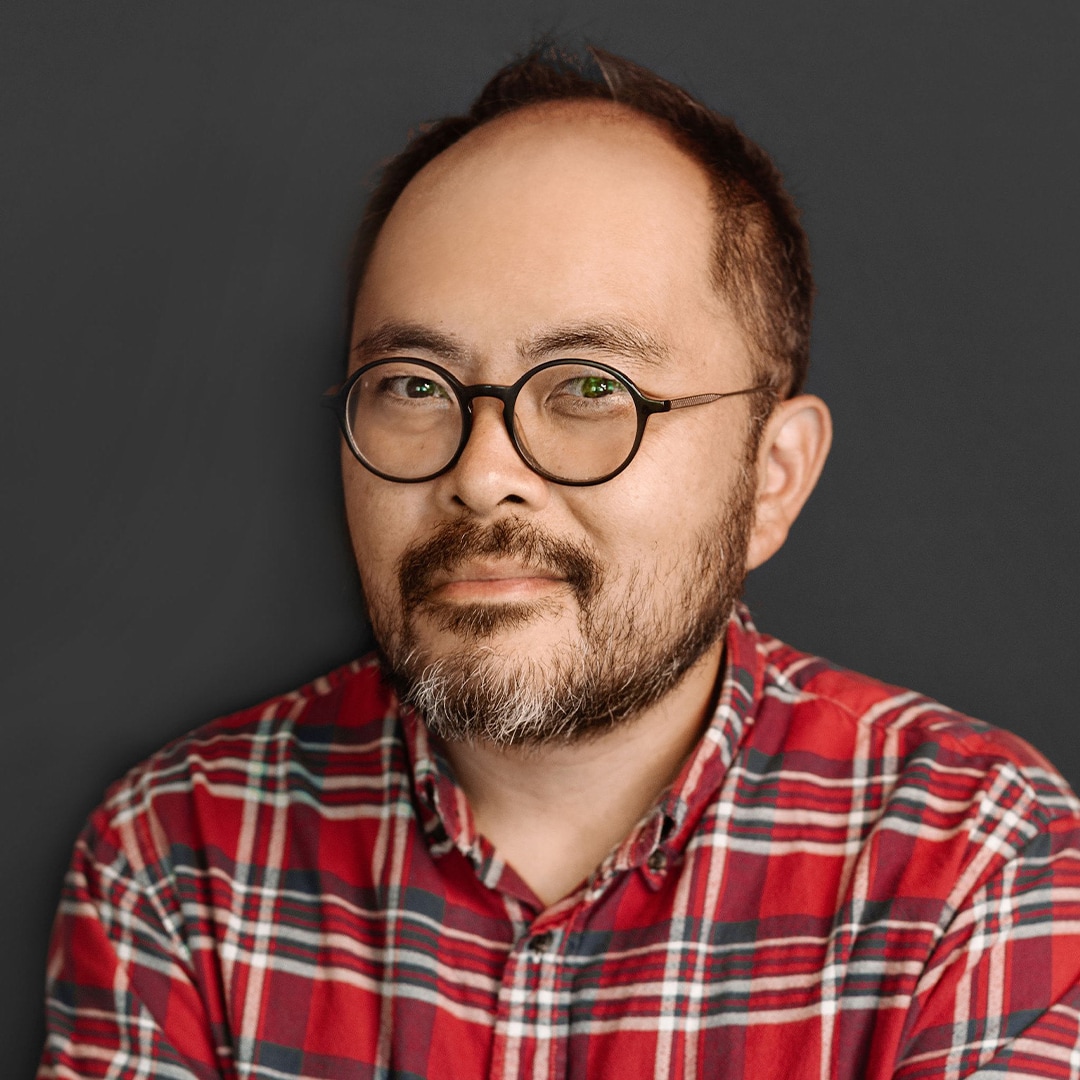
Why did you want to become a writer?
I think it had something to do with being an immigrant and not wanting to feel like an outsider, and also romantic notions of being a writer and creator. I didn’t always have the best friend-making skills and so I could forge an identity as a kind of lone wolf around my social ineptitude.
What do you love about writing? What don't you love about writing?
I love how writing allows me to think through life. And I love the transportive feeling of being midway through the book, when you feel like you have to guard your own life — I mean, why am I afraid of being hit by a bus only then? — so you can see your book through. What I don’t love is a feeling of listlessness that comes between books.
Which character from your nominated book do you identify the most with, and why?
Benny and Benson are both funhouse versions of myself, people I share a lot of biographical details with and I’ve experienced emotions they’ve felt (although not to the same extreme).
What's the most memorable piece of advice you've received?
My former colleague, Andreas Schroeder, when talking about creative nonfiction, once suggested that you can get away with anything on the page so long as you tell your reader up front about it — and the reader can choose whether or not they want to follow you. Andreas was talking about how you can make stuff up in nonfiction using that technique, but I think this warning and implicit permission-seeking really makes sense with any type of writing that strays from convention. Be upfront about the stunt you want to pull and let the reader choose if they want to continue.
What's one piece of advice you'd share with aspiring authors?
Writing is not just writing the first draft. Writing can be all of the following: reading, revising, note-taking, pensive walks, long showers, chats with writer friends, time with animals.
Are you team e-reader or team paper books?
E-reader! Saying that makes me feel guilty because I’d feel terrible if my books were available only in electronic editions.
Aside from your own work, what's your favourite Canadian novel and why?
I love my friend Lee Henderson’s The Man Game. It’s a revisionist history of pioneer Vancouver that involves naked wrestling. It’s imaginative, daring, poignant, and exuberantly written.
What is the best book you read this year?
It’s a tie: The Book of Goose by Yiyun Li and Anecdotes by my friend Kathryn Mockler. Both are surprising, devastating, and savagely funny.
Do you get writer's block? What do you suggest to beat writer's block?
I go long stretches without writing much. And it used to bother me. But lately I’ve come to think, when that happens, it’s because I’ve gotten to a place where I don’t know enough about what I want to write about and I’ve already written about what I do know. So, the only way through is by learning more. And that can come from reading, research, and just letting time pass.
What would winning this award mean for you?
It’d be great, no doubt, and it’d give me a little strut for a few weeks. And I won’t lie to you: I want to win. But, in desiring that, I also wouldn’t want to diminish the many years I’ve had as a relatively obscure, non-award-winning writer. Because my previous books and all the effort I expended on them have resulted in almost all the things and relationships I hold dear in my life.
Back to author list
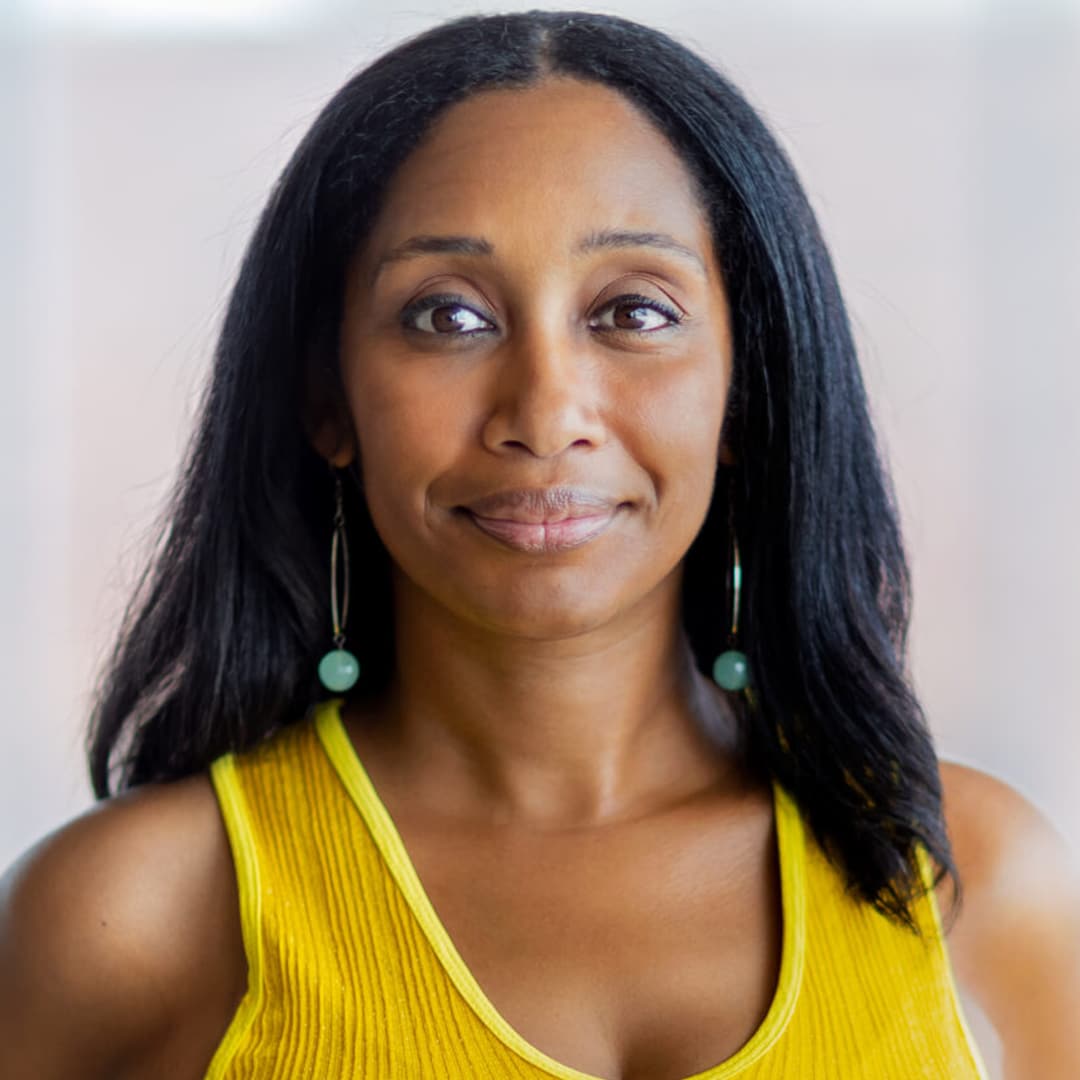
Dionne Irving
Nominated work: Short story collection The Islands: Stories, published by Catapult Press
Why did you want to become a writer?
From the time I was very small, I have always written. I don’t remember ever pondering it and then making a conscious choice to become a writer. Rather, writing was just something I had to do, that I felt (and feel) compelled to do.
What do you love about writing? What don't you love about writing?
I am endlessly fascinated by other people and their stories. I’ve always believed that stories — telling them, listening to them, just having them — differentiates us from other animals. For me, it’s a privilege to get to tell stories, to be a part of the massive procession of storytellers who’ve puzzled through what it means to be human. Writing is always challenging and often frustrating, but I love even that. The only thing I don’t love is not having the time to write! I get very cranky if I’m away from the page (or screen) for long stretches of time.
Which character from your nominated book do you identify the most with, and why?
Shopgirl is probably my most autobiographical story (and character) because I grew up in my parents’ Caribbean grocery store in the Greater Toronto Area. I wanted to capture some of what it felt like to spend so much time in a place that acted as a way station and community meeting space for immigrants. But I also think that there is indirectly some aspect of me in all of my characters — times I have felt joy, or pain, or sadness, or frustration resonates in my character’s lives in a different register.
What's the most memorable piece of advice you've received?
To shut out the world when you are writing. To ignore the inner critic or editor. To not imagine what your mother, or friends, or peers will think about what you are writing but instead write truthfully and honestly and from the heart. (That’s three or four pieces of advice, but I’ve done my best work when I’ve adhered to them all, which is incredibly hard to do. But when it happens, it feels transformative.)
What's one piece of advice you'd share with aspiring authors?
Be in the world. Meet people. Have different experiences. Try new things and explore and take chances on people, and on places, and on jobs — and journal all the while. Doing so has always led me to moments of discovery, which has often found its translation onto the page.
Are you team e-reader or team paper books?
Absolutely Team Paper! No contest! I love the smell and feel of a new book — and of an old book, too! Very little is as pleasing to me as writing back to the author as I dog-ear my way through a book.
Aside from your own work, what's your favourite Canadian novel and why?
I love the Mavis Gallant novel A Fairly Good Time, perhaps because it mirrors my own sense of what it means to live outside of Canada while feeling so deeply Canadian. My work is fundamentally informed by the place I’m from in a literal and figurative sense. It grounds my writing, and I think that’s true of Gallant, too. I marvel at her voice on the page and her uniquely Canadian humour that functions simultaneously as a subtle critique of fascism.
What is the best book you read this year?
I just adored Small Things Like These by Claire Keagan. It’s a small but mighty book. Keagan is a master at mining the ways in which the brief interactions that we have with other people can fundamentally change the way we see and understand the world. I found the book to be quietly profound and devastatingly powerful.
Do you get writer's block? What do you suggest to end writer's block?
I often get stuck. I don’t know any writer that doesn’t. It’s not that I can’t write, but for me, it means that I’m still too uncertain of where a story is going next. I’m not a writer that plots out my fiction in great detail in advance. I uncover it as I go. But sometimes I feel too far in the dark woods. I alleviate this by working on multiple things at once, so I’ll just turn to a different project and let my subconscious go to work on the first.
What would winning this award mean for you?
Just being shortlisted for this award has been transformative and other-worldly. Frankly, it feels almost silly to allow myself to even imagine winning it. Being on the shortlist has already changed the trajectory of my writing career in amazing ways. Actually winning it would be another massive validation of what I love and what I feel I’m meant to do. Beyond that —and perhaps most importantly — the recognition attendant to even being in the running for such a prestigious award amplifies my voice and gives a larger platform to the Caribbean diasporic experience. For other readers like myself — for those who were or are children of the diaspora — seeing themselves and their worlds celebrated in literature reiterates the simple truth that their stories matter.
Back to author list
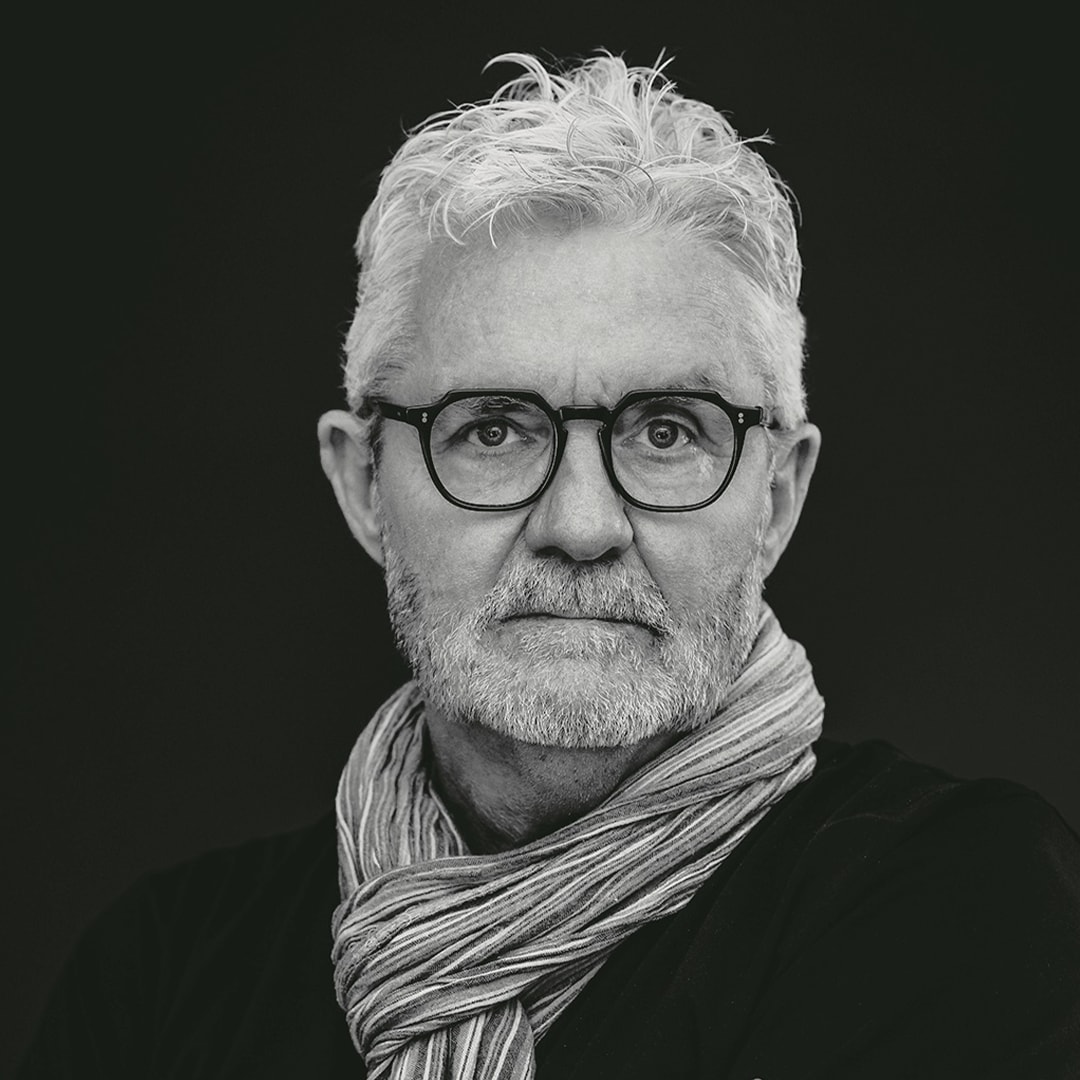
Why did you want to become a writer?
I began thinking seriously about writing twenty-odd years ago. At that point I was halfway through a career on the other side of the publishing fence (book design, visual editing, creative direction) and was looking for a different way to scratch my (lifelong) book itch.
What do you love about writing? What don't you love about writing?
Apart from just creating something, I love rewriting, revising, working with my editors. I find writing a first draft, all by myself, an incredible slog.
Which character from your nominated book do you identify the most with, and why?
As with any writer, every character in All The Colour in the World is dear to me, but Henry is closest to my heart. His passions are my passions.
What's the most memorable piece of advice you've received?
Best piece of advice: write the book you would want to read. And get your ass in the chair.
What's one piece of advice you'd share with aspiring authors?
Advice to an aspiring author: your readers will be at least twice as smart as you are. Write accordingly.
Are you team e-reader or team paper books?
I've spent close to 40 years designing real books. So I'm a card-carrying, jersey-wearing Team Paper. That said, I can understand the convenient attraction of the e-versions.
Aside from your own work, what's your favourite Canadian novel and why?
Favorite Canadian novel: The Wars by Timothy Findley. Reimagines and transforms the historical epic. There's no more eloquent novel of the First World War and its effect on a host of innocent people, soldier or not. (I also had the honour of designing one of its many editions... a career highlight.)
What is the best book you read this year?
Best book I've read this year, from a very long list: North Woods by Daniel Mason. Breathtaking... Cloud Atlas meets The Overstory. And a lot funnier than you'd think.
Do you get writer's block? What do you suggest to end writer's block?
Writer's block: I'm never really blocked so much as fatigued. Writing for me does not come naturally; I consider it a job: enjoyable to be sure, but still, work. When I get tired (or "blocked") I take a walk, read something really good, watch something really clever, basically recharge the creative batteries. Then I get my ass back in the chair.
What would winning this award mean for you?
Winning the Scotiabank Giller Prize would be a humbling (and completely shattering) validation for the years of work and belief that everyone from my wife to my agent to my editors to my publisher to every supportive bookseller have invested in lifting me up and making me be a better writer.
Back to author list
Some answers have been modified for length and clarity.
Related Scotiabank Giller Prize articles


